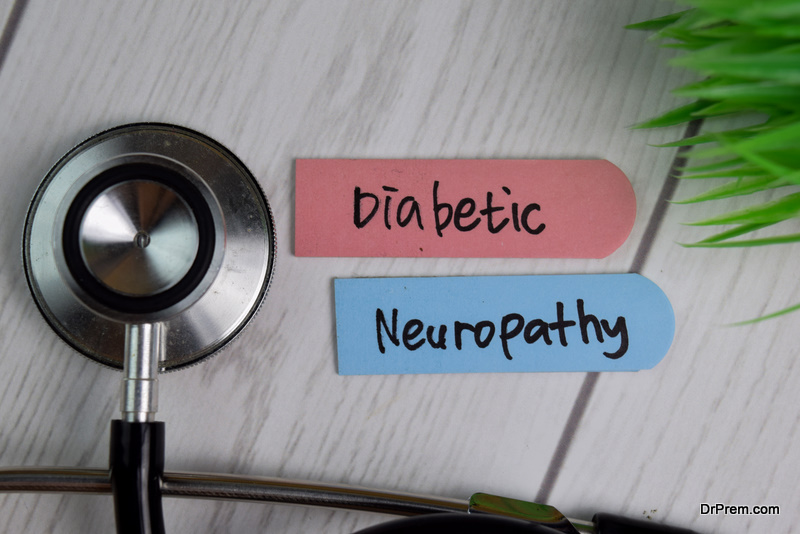Living well requires a balance of eating the suitable types of foods to get proper nutrition, exercise, sleep, and minimize stress in your life.
When you eat well, you have more energy and sleep better at night, often waking more refreshed. Also, since you have more power, you’ll be more productive and interested in exercise, which furthers your interest in eating well and will get more quality sleep.
It becomes a cycle of positive actions that build upon each other.
Conversely, when you drink often, you have a predisposition to eat less healthy options, and sleep patterns become disrupted, draining you of energy during the day.
What’s more, a poor diet can lead to a slew of long-term health issues from increased risk of heart attack and stroke, some cancers, weight gain, diabetes, kidney disease, liver problems, digestive issues, and sexual dysfunction.
Effects of Too Much Sugar On The Brain
Your brain operates on glucose, the level of sugars found in your bloodstream. In fact, over 60% of your daily glucose levels are consumed in the brain. That said, too much glucose in the bloodstream can cause significant health effects on the body and the brain.
Excess amounts of glucose in the body can cause issues with liver function, which can spiral to create liver damage and diabetes.
Diabetes causes the body to work overtime to regulate glucose, causing damage to the liver and other vital organs, making the person with diabetes more susceptible to severe injury.
Too much sugar in the brain can also lead to severe cognitive issues, memory problems, increased anxiety and other mental disorders, and depression.
1. Sugar Dependency Issues of The Brain

Whether you consume too much sugar, eat too many carbohydrates, or drink too much alcohol, the effects of sugar on the brain can be dangerous and severe.
The brain becomes dependent on the excess sugars, and withdrawal symptoms can be challenging. Often dependency builds over time and sneaks up on an individual, at which point it may be too irreversible.
Symptoms of excess sugar on the brain may cause;
- Memory and cognitive issues
- Sugar addiction
- Frequent headaches
- Fatigue
- A decline in overall health
- Nerve damage in the brain
Often people who experience withdrawal symptoms are unaware of the triggers and need to seek professional medical advice.
Withdrawal symptoms can be similar to other substance addictions, moodiness, behavior changes, fatigue, shakiness, dietary issues, and more.
Worse yet, after years of excessive alcohol consumption, the brain can develop a condition known as wet brain.
2. Wet Brain

Wet brain is a medical condition that is observed in patients with long-term excessive drinking habits.
As a result, the brain shrinks in size, and the body lacks vitamin B1 or thiamine, a water-soluble vitamin crucial for the heart and nervous system. Numerous wet brain symptoms mirror other dependency issues, but they can be more severe if left untreated.
There are two stages of wet brain; Wernicke encephalopathy and Korsakoff’s psychosis.
In the first stage, Wernicke encephalopathy, the condition is 100% reversible with the absence of alcohol consumption and thiamine injections, but the later development of Korsakoff’s psychosis is permanent.
3. Diabetic Neuropathy

Another serious condition that comes from excess sugars in the bloodstream is the development of diabetic neuropathy. This condition destroys the nerves throughout the body and impacts the brain’s cells.
Symptoms of diabetic neuropathy range from mild to fatal and typically exhibit themselves in the legs and feet of sufferers. Numbness and pain are common. Digestive issues, bladder issues, and uncontrollable heart rates are expected in more severe cases.
Avoiding excess sugars and drinking excess are some of the more controllable ways that a person can live a healthy life.
High blood sugar levels can damage the body and impair the brain, so structuring a diet that avoids unnecessary sugars is fundamental to your overall health.
Balancing your diet, sleep, and exercise are the foundations of healthy living. Take stock of the types of activities and substances you consume to stay within the recommended daily allowances.
If you feel that your consumption is out of control, contact a professional to get evaluated and, if necessary, provide the needed treatment.
Article Submitted By Community Writer




